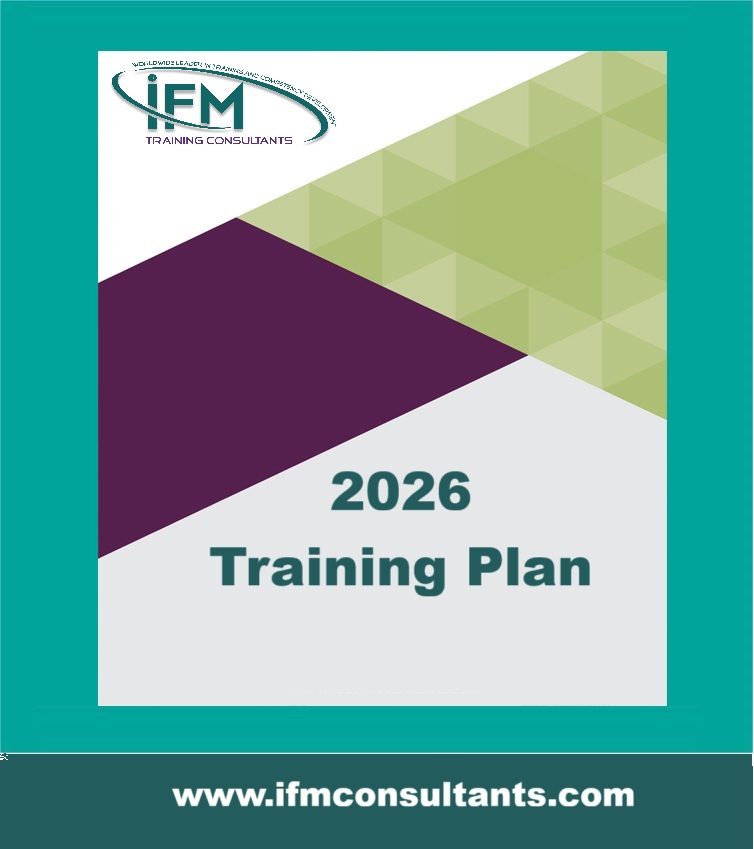LNG and Liquefied Hydrocarbon Fire Protection and Response
| Start Date | End Date | Venue | Fees (US $) | ||
|---|---|---|---|---|---|
| LNG and Liquefied Hydrocarbon Fire Protection and Response | 16 Nov 2025 | 20 Nov 2025 | Istanbul, Turkey | $ 4,500 | Register |

LNG and Liquefied Hydrocarbon Fire Protection and Response
| Start Date | End Date | Venue | Fees (US $) | |
|---|---|---|---|---|
| LNG and Liquefied Hydrocarbon Fire Protection and Response | 16 Nov 2025 | 20 Nov 2025 | Istanbul, Turkey | $ 4,500 |
Introduction
The training program addresses fire protection and response of Liquefied Natural gas (LNG) and Liquefied Petroleum gas (LPG). In the course introduction, the physical and chemical properties of hydrocarbon gases are reviewed as well as gas processing and liquefaction technologies. The course addresses safety systems, risk analysis, and accident scenarios, hazardous area identification, design and inspection codes and standards, fire initiation and development, the transition from the flame to detonation, fire suppression, and fighting as well as related case studies.
Objectives
The training program covers the safety aspects of oil and gas handling facilities. At the end of the training program, participants will understand fire causes, initiation, and spread, conditions for detonation, safety codes and standards in selection, commissioning, and operation of gas handling facilities during processing, liquefaction, transfer, and storage. firefighting equipment and methodology.
Training Methodology
This is an interactive course. There will be open question and answer sessions, regular group exercises and activities, videos, case studies, and presentations on best practice. Participants will have the opportunity to share with the facilitator and other participants on what works well and not so well for them, as well as work on issues from their own organizations. The online course is conducted online using MS-Teams/ClickMeeting.
Who Should Attend?
Safety Engineers, supervisors, and technicians in the LNG and LPG gas processing, transmission, and storage industries.
Course Outline
- Physical and Chemical properties of LNG and LPG.
- Gas Processing technologies
- Liquefaction technologies
- Overview of Oil and Gas-Handling Facilities.
- Safety Systems.
- Hazardous Area Location and Classification.
- Risk Analysis.
- Storage Tanks and Pressure Vessels.
- Pressure Relief Devices.
- Dispersion of LPG Releases into the atmosphere.
- Understanding Fires.
- Ignition and Fire Spread.
- Firefighting Equipment.
- Case study

















